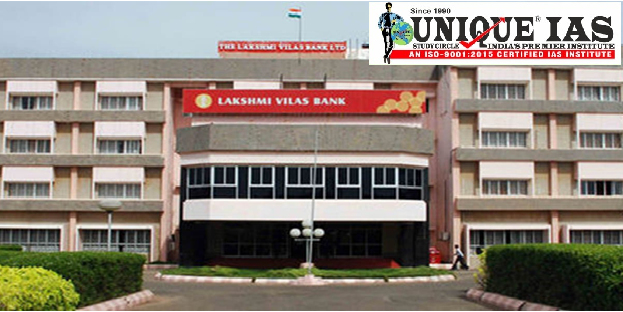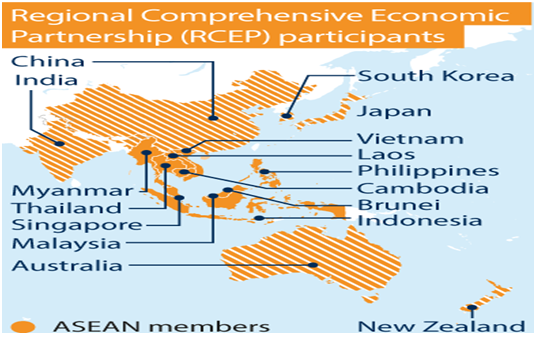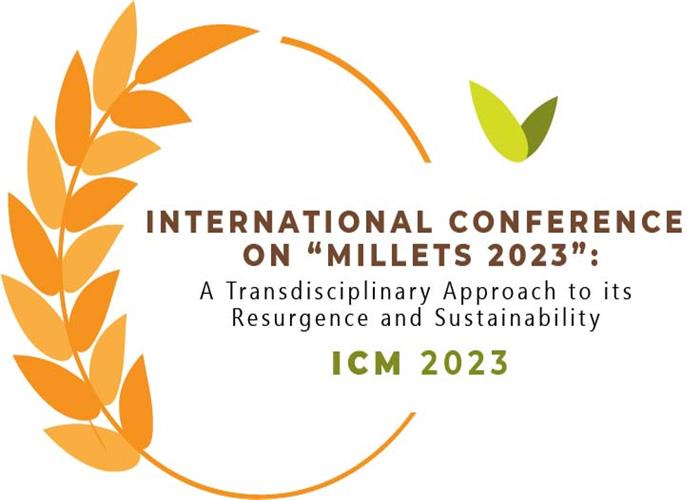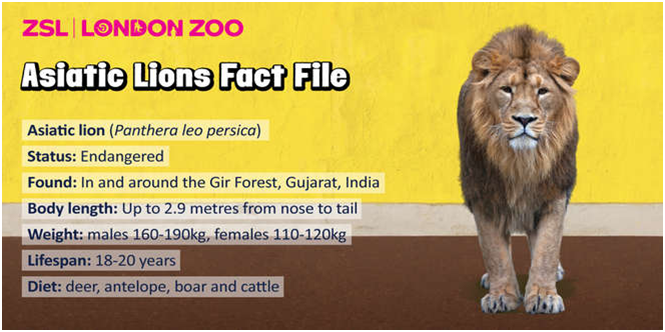India’s Stand on Israel Palestine
Why in News
India voted in favour of a resolution in the UN General Assembly that condemns Israeli settlement activities in the “Occupied Palestinian Territory”.
Important Points
- The draft resolution titled ‘Israeli settlements in the “Occupied Palestinian Territory”, including East Jerusalem, and the occupied Syrian Golan’ was approved by the Special Political and Decolonisation Committee (Fourth Committee) of the UN General Assembly by a recorded vote of 145 in favour, seven against and 18 abstentions
- India was among the 145 nations that voted in favour of the resolution along with Bangladesh, Bhutan, China, France, Japan, Malaysia, Maldives, Russia, South Africa, Sri Lanka, and the U.K.
- The resolution “Reaffirms that the Israeli settlements in the Occupied Palestinian Territory are illegal and an obstacle to peace and economic and social development.”
- The resolution reiterated “its demand for the immediate and complete cessation of all Israeli settlement activities in all of the “Occupied Palestinian Territory”.
India’s Position on Israel -Palestine
- India voted in favour of five of the six resolutions, abstaining in one resolution that dealt with investigating Israeli practices and operations for human rights violations.
- India also reiterated India’s traditional position on the Israel-Palestine conflict: “establishing a sovereign, independent and viable State of Palestine living within secure and recognized borders, side by side at peace with Israel.
- Past Linkages : Historically, India voted against the partition of Palestine and the creation of a separate state of Israel in 1948, and was the first non-Arab state to recognise the Palestine Liberation Organisation (PLO) as the representative of the people, and to recognise Palestine in 1988, and consistently voted against Israel at the United Nations.
- In 1992,India established full diplomatic ties with Israel, while continuing to support the Palestinian cause.
- There has been a shift towards Israel’s position, given increasingly close bilateral relations, trade, technological assistance, military procurement, and counter-terrorism cooperation.
- In 2016, India even voted against a UNHRC resolution that called for an International Criminal Court (ICC) investigation into Israeli war crimes, and voted with Israel at the United Nations Economic and Social Council in 2019 in stopping a Hamas-linked NGO from receiving observer status.
- In 2017, PM Narendra Modi became the first Indian Prime Minister to visit Israel, while in 2018, Mr. Netanyahu visited India.
- However, Mr. Modi was also the first Indian Prime Minister to make an official visit to Palestine.
- In 2017, India voted against the U.S. and Israel for an attempt to declare unilaterally all of Jerusalem as the Israeli capital.
- The policy lines New Delhi is continuing to draw seem clear: to abhor terrorism, but not to condone indiscriminate reprisal bombings, even as it holds its consistent position on Palestine.
- No claim to righting historical grievances can possibly be used by Hamas to explain its inhuman attacks on Israel.
Challenges for India
- Israel’s latest demand, that more than a million Gaza residents must evacuate as it continues to pound the city and plans a possible ground offensive, will make Delhi’s challenge at balancing policy even more complex.
India's Stand
- Terrorism is a malignancy and knows no borders, nationality or race. The world should not buy into any justification of terror acts.
- There is need to adopt a zero-tolerance approach to terrorism
- India has always stood for a two-state solution,India is in sync with the Arab world in its normalisation with Israel, with groupings such as the I2U2 (India, Israel, the United Arab Emirates, and the United States).
- Therefore, going forward, it is important for India to come out not just against terrorism but also more forcefully against the human tragedy playing out in Gaza.



.png)
.jpg)


.jpg)
.jpg)





